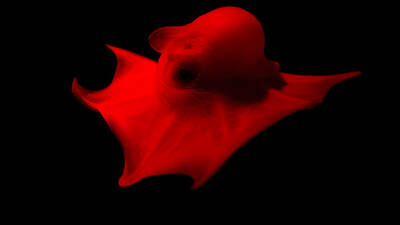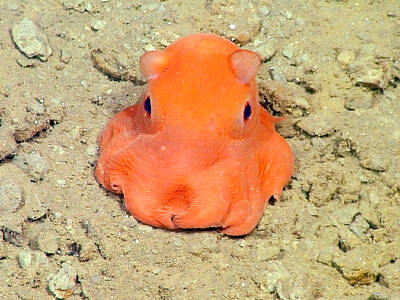On Aug. 13, Chinese Nationalist Party (KMT) Chairwoman Hung Hsiu-chu visited Hualien City to campaign in support of Hualien mayoral candidate Wei Chia-hsien. During her visit, Hung said that although the Democratic Progressive Party (DPP) is exploiting the resources of central government to establish a local presence, the public knows which party is genuinely concerned about the development of areas such as tourism and transportation in Hualien, and called on her party to win back the hearts of the public.
Hung added, recently the DPP has taken advantage of its position in government and its local leaders such as Kaohsiung Mayor Chen Chu, Taichung Mayor Lin Chia-lung and Tainan Mayor William Lai to assist with their election campaign. Hung said, although the DPP has used the might of its party machine to besiege Wei, he has excellent credentials and a winning strategy, which means he has no need to rely on similar tactics.
Hung also said, despite losing the advantage of power and recent repeated suppression by the DPP over the issue of its party assets — which has left the KMT in an extremely difficult place — the party must still show unity and ambition.

Photo: CNA
照片:中央社
(CNA, translated by Edward Jones)
國民黨主席洪秀柱八月十三日到花蓮為花蓮市長候選人魏嘉賢造勢拜票時說,民進黨雖挾中央資源進駐,但要讓民眾知道,誰才是真正關心花蓮觀光發展、交通等,要把民心找回來。
洪秀柱表示,近日民進黨挾行政優勢及地方首長陳菊、林佳龍、賴清德等來到花蓮輔選,集全黨的力量圍攻魏嘉賢。但魏嘉賢條件優秀,且致勝策略也不僅靠這樣。
洪秀柱說,國民黨雖然失去執政優勢,近日黨產的問題也不斷受到執政黨的壓迫,處境非常地艱難,但國民黨仍必須展現團結與志氣。
(中央社)

The deep waters off the coast of California are home to a bizarre creature: the flapjack octopus. This creature, known for its pancake-like appearance, spreads itself thin on the seabed as a clever survival strategy, making it difficult for predators to spot and capture it. With its unique, umbrella-shaped body formed by webbed arms, the flapjack octopus moves through the water in a graceful manner. It propels itself forward by rhythmically moving its body and contracting its webbed arms. Its pair of ear-like fins, which move independently yet with remarkable coordination, also help it explore the deep-sea environment. These

Bilingual Story is a fictionalized account. 雙語故事部分內容純屬虛構。 I stand by the Miluo River as dusk falls. The court betrayal is too much. I served Chu with loyalty. I forged alliances and fought corruption. But the whispers of jealous courtiers, the murmurs of treason, spoke louder. The king cast me out. The water looks calm. It promises peace. I step in. The river is cold against my legs. I hear shouts behind me — fishermen calling my name. I keep walking. The calls grow louder, but I do not turn around. The water rises to my chest. It pulls at me. I

In Taiwan, people can use a platform to rent a power washer for a weekend or share unused garage space for someone’s storage needs. These are examples of the sharing economy, a consumption model that has gained widespread adoption worldwide. This approach allows people to rent or share assets like cars, homes or even services, typically through online platforms. This innovative model poses a simple yet powerful question: why purchase infrequently used items when sharing is more practical? By making useful but idle resources accessible, the sharing economy turns them into sustainable opportunities. Internationally, platforms like Airbnb and Uber have popularized

Continued from yesterday(延續自昨日) https://www.taipeitimes.com/News/lang Many people may be familiar with flapjack octopuses thanks to Pearl, a charming character from the Pixar film Finding Nemo. However, her portrayal presents several scientific inaccuracies. In reality, flapjack octopuses are deep-sea creatures, which are unsuitable for the brightly lit shallow reef environment depicted in the film. Their primary defense mechanism relies on their reddish coloration, which would be ineffective in the well-lit shallows. Pearl’s famous line, “You guys made me ink,” is another fictional detail that is not consistent with the observed actions of real flapjack octopuses. As common as it is in many other octopus